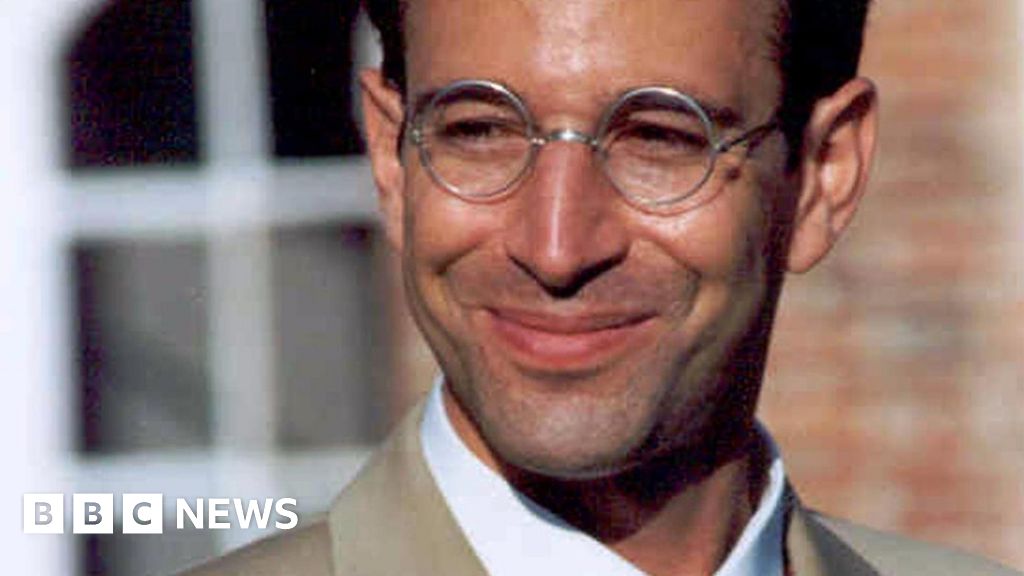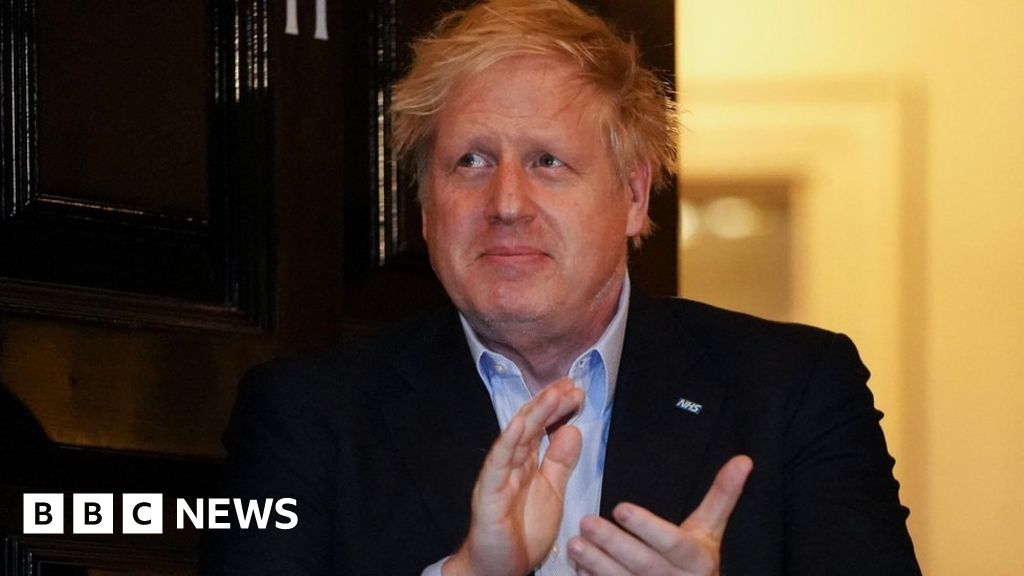The body was wrapped in a plastic tarp, swollen, already attracting flies. He had been a neighbor, a man Rosangelys Valdiviezo passed while walking home from work, though they’d never exchanged words.
Now he lay in front of his home, one of an untold number of bodies cast out in the streets of Guayaquil, Ecuador, a sweltering South American city being ravaged by the novel coronavirus. Valdiviezo, a 30-year-old seafood worker, said the body had been out in the tropical heat for six days.
“I am very afraid,” Valdiviezo, a Venezuelan migrant who moved to Guayaquil, said by telephone. “I’m terrified of dying so far from home.”
[Public health experts: Coronavirus could overwhelm the developing world]
Ecuador’s largest city, a commercial center of nearly 3 million, is emerging as the epicenter of the novel coronavirus outbreak in Latin America. In local news accounts, videos shared on social media and telephone interviews, officials, aid workers and others in the poverty-stricken metropolis are reporting fly-covered bodies on sidewalks and corpses left inside homes for days.
Ecuador confirmed its first case of covid-19, the disease caused by the coronavirus, on Feb. 29: A 71-year-old Ecuadoran woman who returned to Guayaquil from Spain on Valentine’s Day. Since then, the crisis in Guayaquil has ballooned, jumping to more than 2,200 cases, or roughly 70 percent of Ecuador’s total, far surpassing the numbers in Quito, the capital.
The outbreak has struck faster than Guayaquil can cope. Hospitals were quickly overwhelmed. Mortuary workers couldn’t, or wouldn’t, collect the bodies — some dead from the virus, some apparently from other causes — from homes. With daytime temperatures topping 90 degrees in a city where many live with no air conditioning, some grieving families saw little option but to carry days-old corpses outside.
Reuters
An entrance to the emergency room of Guasmo Sur General Hospital in Guayaquil on Wednesday.
The city’s struggle echoes those of other hard-hit spots around the globe where corpse control has become a grim daily struggle.
The Italian army has mobilized to haul cadavers out of devastated Bergamo after the crematorium there was overwhelmed. Authorities in Iran have dug mass graves. The Spanish military found elderly patients in care homes abandoned and dead in their beds.
Guayaquil could be a harbinger of things to come as the pandemic reaches more deeply into the ill-prepared developing world.
“The situation is dire in Guayaquil at this moment,” said Tati Bertolucci, director of Latin America and the Caribbean for disaster relief organization CARE. “There are dead bodies in the streets, and the health system is collapsed, so not everybody who has symptoms can get tested or treatment.”
[Brazil’s densely packed favelas brace for coronavirus: ‘It will kill a lot of people.’]
A joint military-police operation has been recovering around 30 bodies per day, according to Jorge Wated, coordinator of a government task force assigned to cope with the crisis. A strict citywide curfew was complicating efforts by mortuary workers and funeral homes to remove bodies, Wated said in a nationally televised address this week.
“We recognize any errors and ask for forgiveness from those who have had to wait to remove their loved ones,” Wated said on Twitter. But he also braced locals for worse — warning that the death toll could reach 3,500 dead in the Guayaquil region alone.
Filiberto Faustos
AP
A coffin holding the remains of a person who may have died of covid-19 is placed outside an apartment building in Guayaquil, Ecuador, on Thursday.
“Everything depends on you, on your discipline,” he said. He urged the citizens of the city to adhere to a lockdown and curfew.
Analysts say several factors have contributed to the outsize impact of the coronavirus on Guayaquil. It’s an international port city. Some impoverished workers there initially put their need to continue earning a living ahead of calls for social distancing.
“The lockdowns were less effective in Guayaquil,” said Sebastian Hurtado, head of the Ecuadoran political consulting firm Profitas. “In other parts of the country, more people complied. In Guayaquil, you also have areas with no basic services, really small housing units and denser living.”
In a video that has gone viral, a teary-eyed woman who identifies herself as Gabriela Orellana begs the government to recover her husband’s body from their home. For days, she says, she was quarantined as his body lay upstairs while officials insisted they were coming to transport him.
She addresses Ecuadoran President Lenín Moreno. “If you see this video, Mr. President, please, where are they?” she asks. “They told me they were coming, and it was a lie.” She sobs into a purple face mask. “I’m only asking for you to help him die with dignity. Please. Don’t leave him here, thrown on the ground.”
Dump trucks have poured gallons of soapy water on city streets as part of a sanitation effort. The city’s mayor, Cynthia Viteri, told reporters in a Facebook news conference Thursday that shipping containers had been placed at hospitals to store cadavers.
Viteri has confirmed that she, too, has caught the virus.
Reuters
People protest the difficulty of recovering their relatives’ bodies at Guasmo Sur General Hospital on Wednesday.
Reuters
A worker sprays disinfectant on a vehicle carrying a coffin lined up to enter a cemetery in Guayaquil on Thursday.
She blamed Guayaquil’s crisis on a health system that was already on the brink of collapse before the outbreak, a preexisting condition in many parts of Latin America and the developing world.
“The images [of bodies in the streets and corpses left in homes for days] that are going around the world are real,” she said. “Why? Because our health system is the same one we had before the pandemic, a health system that in the midst of a pandemic has collapsed.”
Marcelo Castillo is an intensive care physician at the Kennedy Clinic Hospital in Guayaquil.
“I work in a very wealthy part of the city, north of Guayaquil,” he said by telephone. “I can tell you that people are starting to understand that even having all the money and political contacts, you might not survive this.”
“People are dying like flies here,” Castillo said. “I don’t have a single colleague not telling me they don’t cry every day after a shift. This is overwhelming.”
For some, the inability of the system to cope has added agony to personal loss.
Dante Logacho described taking his wife to a hospital. Mabel Zúñiga, 48, had been showing symptoms for a few days.
“She was coughing, and I had to fight for her to even enter to the hospital,” Logacho, a 49-year-old publicist, said by telephone. “I fought with all the doctors and nurses. There were so many people there.”
The hospital staff ordered family members to leave.
“I should have taken her to a private clinic,” he said. “I thought that as a hospital they would be more prepared for this.”
The call came two days later. Zúñiga had died of virus-related pneumonia.
It took Logacho five days to find a funeral home willing and able to handle the corpse. But he won’t be attending the funeral with other family members. He has virus symptoms, too.
“Before leaving her at the hospital that day, she told me her vision was blurry and I remember saying that everything was going to be okay,” he said. “I didn't know It was going to be the last time I would see her face.”
“If I saw her now, I would tell her, I will love you forever,” he said. “And that I’m sorry it wasn’t me.”
Reuters
A couple transports an empty coffin to collect the body of a relative in Guayaquil on Thursday.
Faiola reported from Miami, and Herrero reported from Caracas, Venezuela. Teo Armus in Washington contributed to this report.
Read more
Coronavirus on the border: Why Mexico has so few cases compared with the U.S.
Coronavirus collides with Latin America’s maid culture — with sometimes deadly results
Today’s coverage from Post correspondents around the world
Like Washington Post World on Facebook and stay updated on foreign news
https://news.google.com/__i/rss/rd/articles/CBMioQFodHRwczovL3d3dy53YXNoaW5ndG9ucG9zdC5jb20vd29ybGQvdGhlX2FtZXJpY2FzL2Nvcm9uYXZpcnVzLWd1YXlhcXVpbC1lY3VhZG9yLWJvZGllcy1jb3Jwc2VzLXN0cmVldHMvMjAyMC8wNC8wMy83OWM3ODZjOC03NTIyLTExZWEtYWQ5Yi0yNTRlYzk5OTkzYmNfc3RvcnkuaHRtbNIBsAFodHRwczovL3d3dy53YXNoaW5ndG9ucG9zdC5jb20vd29ybGQvdGhlX2FtZXJpY2FzL2Nvcm9uYXZpcnVzLWd1YXlhcXVpbC1lY3VhZG9yLWJvZGllcy1jb3Jwc2VzLXN0cmVldHMvMjAyMC8wNC8wMy83OWM3ODZjOC03NTIyLTExZWEtYWQ5Yi0yNTRlYzk5OTkzYmNfc3RvcnkuaHRtbD9vdXRwdXRUeXBlPWFtcA?oc=5
2020-04-03 17:58:16Z
52780703079692

